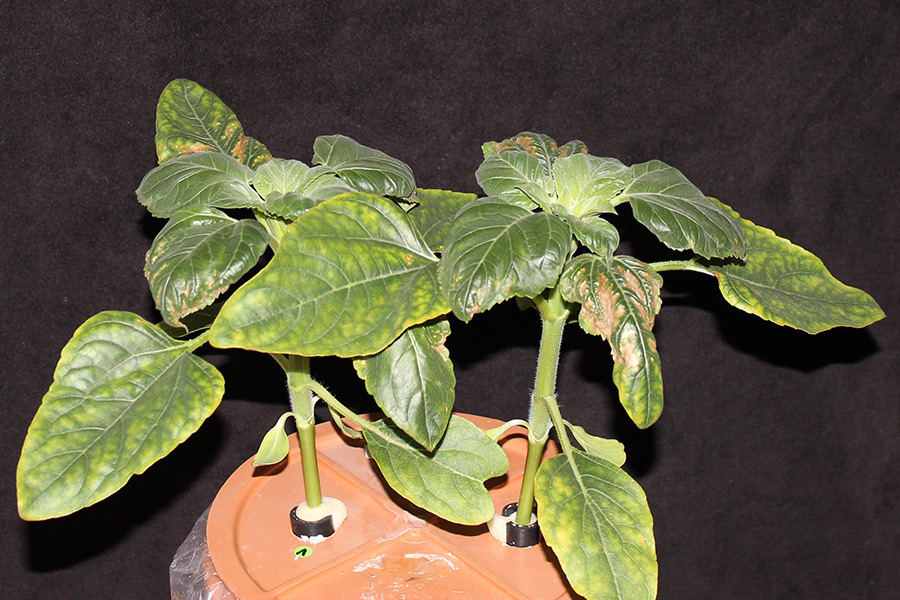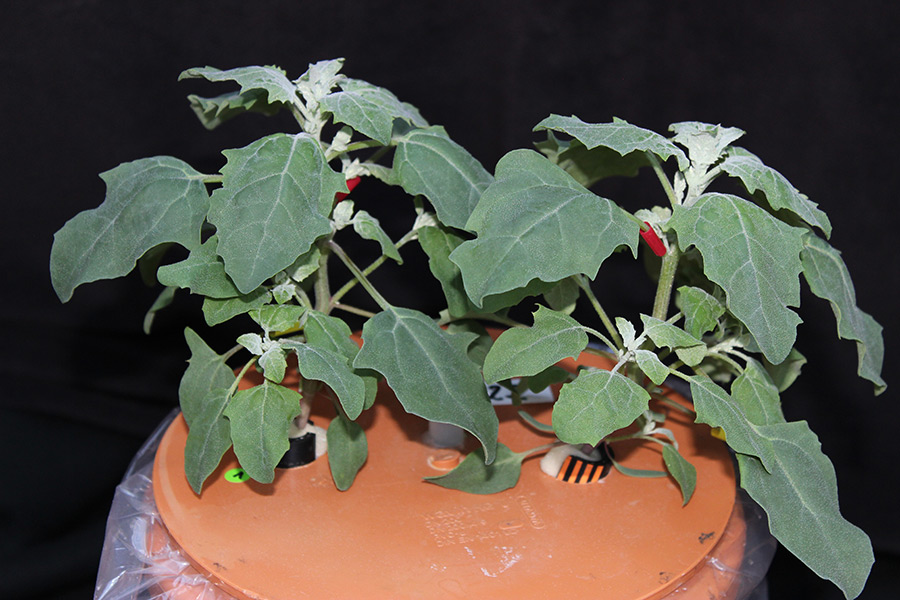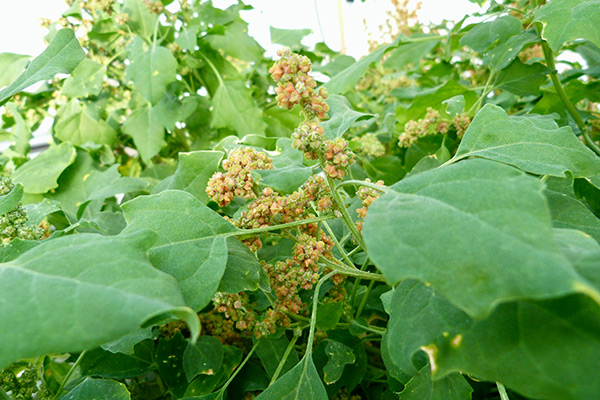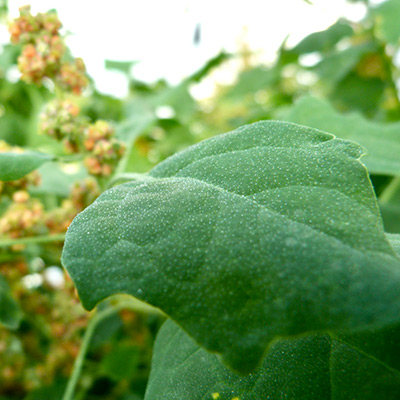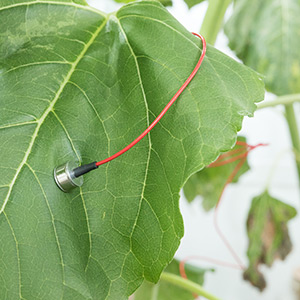Research
It is estimated that today about 15 % of the total land area of the world has been degraded by soil erosion and physical and chemical degradation, including soil salinization. Salt-affected soils can be found in all continents and under almost all climatic conditions. Worldwide, the major factor in the development of saline soils is the lack of precipitation. Most salt-affected soils are found in the arid and semiarid regions and the share of saline soils is increasing. At the same time, periods of drought are observed more frequently in agriculture. Drought and salt stress are therefore some of the most important abiotic constraints that affect crop growth and productivity in large regions of the world.
The accumulation of excessive concentrations of salts in the soil first results in the stagnation of plant growth, called phase I in salinity research and, eventually, even higher concentrations can lead to necroses and plant death, called phase II. In phase I, the availability of water for plants decreases due to negative water potential in the rhizosphere inhibiting plant growth. In phase II, ion toxicity increases and the plants’ capabilities for ion exclusion and internal compartmentalization are exceeded. As a consequence of such nutritional disorders, these abiotic stresses also lead to oxidative stress, reduction of cell division and expansion, alteration of metabolic processes and synthesis of photosynthetic pigments.
Strategies to mitigate losses in agricultural productivity by salinity and drought focus on new cultivation techniques, the use of alternative potential crops to exploit areas that are not suitable for growing traditional crops, and the development of new fertilizer management schemes. At IAPN, we initiated research on the importance of potassium (K+) and magnesium (Mg2+) in such situations of abiotic stress. K+ and Mg2+ bear significant potentials since they compete with sodium ions (Na+), the latter being highly dominant in most saline soils. Since Na+ interferes with K+ homeostasis, particularly given its involvement in numerous metabolic processes, maintenance of a balanced cytosolic Na+/K+ ratio has become a key subject in salinity tolerance research.
Related Projects
Effects of P and K deficiency on apoplastic barriers in soil-grown maize root
Involved Researchers
Can optimized potassium fertilization enhance the salt stress tolerance of crops?
Involved Researchers
Plant hydraulic mechanisms in response to drought stress
Involved Researchers




